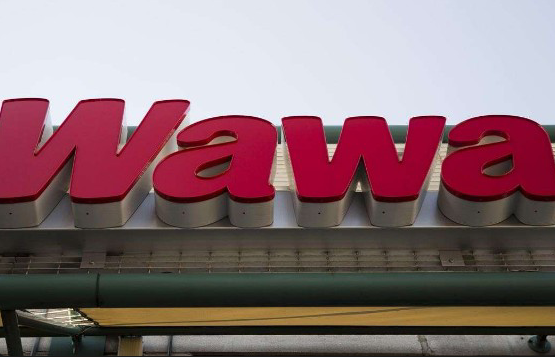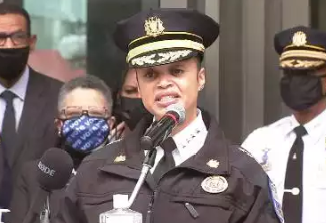
The closure of two Wawa locations in the center of Philadelphia this week is the latest in a string of retail closures nationwide due to a rise in “shrink”, or retail theft.
“Despite reducing hours and investing in additional operational measures, continued safety and security challenges and business factors have made it increasingly difficult to remain open in these two locations,” Wawa spokesperson Lori Bruce told the Philadelphia Inquirer.
Wawa started in the Philadelphia area, and is emblematic of the region both to residents and outsiders.
These latest closures follow earlier closures in Philadelphia’s city center, and some local officials are worried the chain will exclude the city from future expansion plans.
City councilmember Mike Driscoll related comments from an unnamed Wawa executive at a town hall forum this week.
“The scariest part to me is one of the senior officials said, ‘We’re seriously considering moving out of the city of Philadelphia in our strategic planning, at least not to expand,’” Councilmember Driscoll said, according to the Philadelphia Business Journal.
Councilmember Driscoll explained that he had been told this in September, a day after a crowd ransacked a Wawa location in Philadelphia’s Mayfair neighborhood. Video of the incident soon spread on social media.
Philadelphia is a dying city. It is doomed. Wawa tyson and the blvd @PhillyMayor @JimFKenney @DriscollForPHL pic.twitter.com/cNmT54przi
— 💥 (@iggles215) September 25, 2022
Councilmember Driscoll would go on to tell the Philadelphia Business Journal that Wawa’s planned expansion nationwide would hinge on safety and theft concerns, saying “The question is, do you set up shop in areas that cost you less, or areas that are going to cost you more because of shrinkage, security, whatever it is.”
Wawa, for its part, has not ruled out any expansion in Philadelphia.
In their announcement of this week’s store closures, they noted that “All associates from these two stores will be offered continued employment at Wawa. These two closures do not necessarily impact or limit potential for future stores in Philadelphia County,” according to Convenience Store News.
While the Philadelphia area has seen more Wawa-related incidents due to the chain’s saturation in the region, Wawa locations in other cities have also closed up shop due to crime.
In June, a Wawa location outside the Columbia Heights Metrorail station in Washington, D.C. abruptly closed, putting a sign up in its window front announcing its immediate shuttering.
At the time, resident Terry Lynch told D.C. ABC affiliate WJLA-TV that “I live a few blocks from here and unfortunately at any time, something could happen. You just don’t know,” adding that “The windows of this store were shot in January. Somebody was shooting at somebody inside.”
Retail theft, known in the industry as “shrink”, has led to the closures of various retail outlets in cities across America. Safety has been cited as a concern.
In New York, pharmacy chain Rite Aid closed some stores. On a September earnings call, Andre Persaud, the company’s chief retail officer, said that “the environment that we operate in… is not conducive to reducing shrink.”
In July, Starbucks announced the closure of 16 locations in Seattle, Portland, Los Angeles, Philadelphia, and Washington, D.C., due to safety concerns.
“After careful consideration, we are closing some stores in locations that have experienced a high volume of challenging incidents that make it unsafe to continue to operate,” the coffee chain told CNN.
A September survey by the U.S. Chamber of Commerce said that 56% of small retail businesses have been victims of shoplifting in the past year, with 50% saying the issue has gotten worse in that time span.
“Store owners are not only confronted with traditional shoplifting, but increasingly with highly organized criminal gangs who seek to profit by taking advantage of gaps in the law,” said Neil Bradley, executive vice president of the U.S. Chamber of Commerce.
* Article from: The Washington Times


